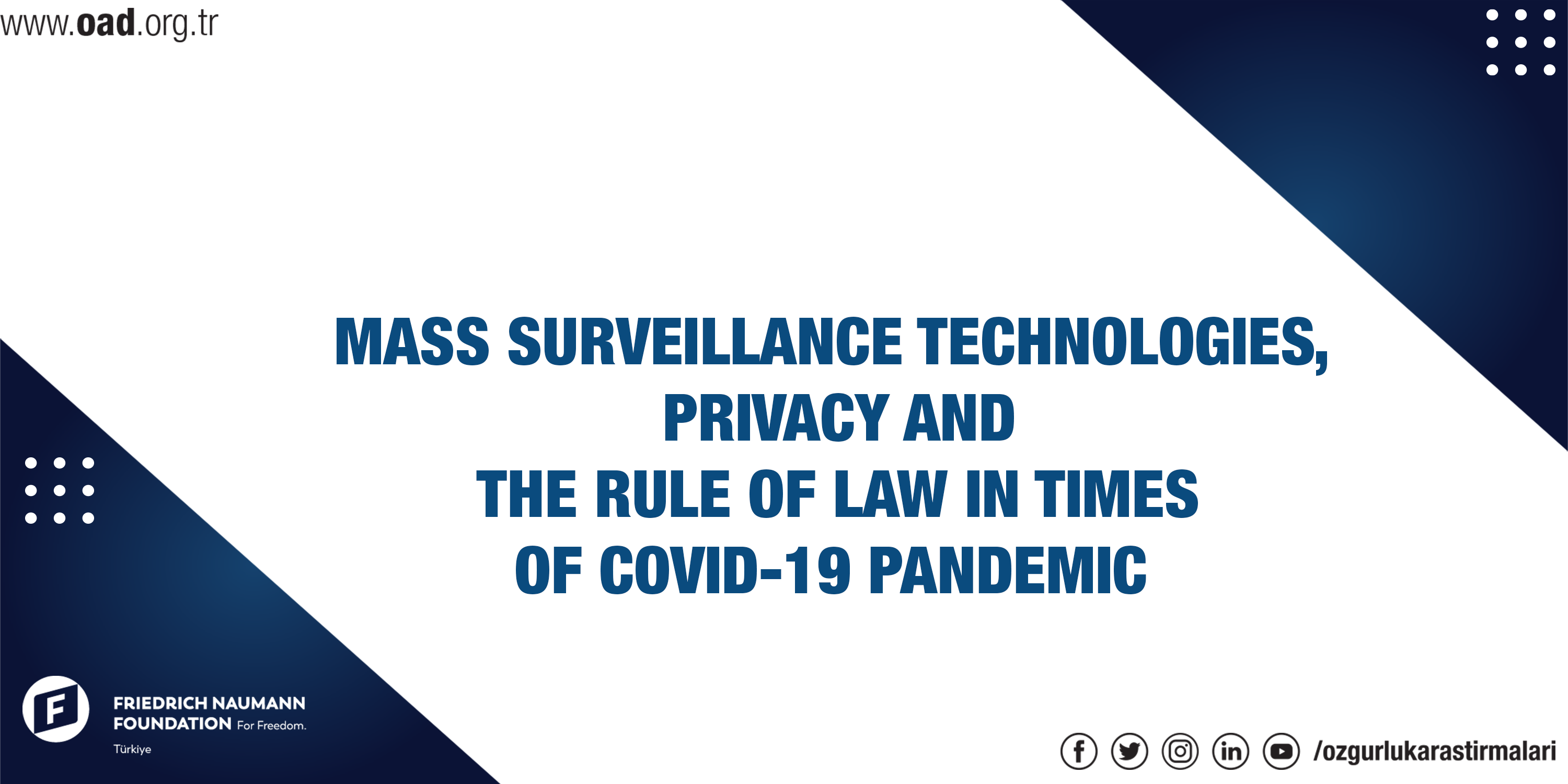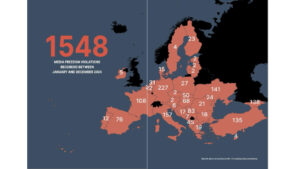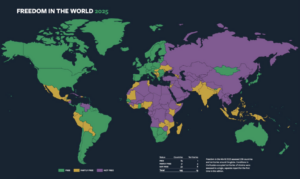Governments have mobilized digital surveillance technologies to control the Covid-19 pandemic, which has spread all over the world and affected every aspect of daily life. It is easier for societies to consent to surveillance in conditions where the basic sense of security is shaken and anxiety increases, such as terrorism or epidemics. Information and communication technologies; while allowing the collection, recording, analysis and storage of personal data, and thus the profiling of users; an environment of uncertainty, fear or insecurity that gives legitimacy to the dominance of these technologies has always existed or was created by governments. In the COVID-19 pandemic process, operations such as location information obtained through smartphone applications, the usage of social media, application of filiation applications, tracking of patient and potential patient movements, contact tracking, analysis of data in data networks and the usage of drones have provided surveillance greater opportunities than ever before. In addition to these, location tracking through satellite tracking systems, artificial intelligence and geo-positioning applications, quarantine processes through electronic applications and electronic handcuffs, methods of controlling crowds with the use of smart robots and drones, data storage and data analysis methods are another methods of accessing information with data storage and data analysis methods.
These new tools offered by technological development have opened up issues such as the violation of privacy and the surveillance-oriented control of the power to be discussed again. The data owned by the states include not only the data collected by health professionals or organizations but also the own health data that citizens keep on their smartphones with various applications. At this point, health data serves government surveillance rather than disease surveillance. There are questions about how long this information will be kept, how secure is the protection of this information, and what governments will do with this information in the future.
The benefits of surveillance to health management, managers and public authorities also cause the negative effects of surveillance practices to be ignored. Ignoring the fact that surveillance is an oppressive and power-building element by its nature will bring along important social and political problems. They will lead to the development of an oppressive and anti-democratic society. There is no guarantee that mass surveillance will never be used for new purposes in the future. This potential for abuse can change the power dynamic between a state and its citizens. All these questions and this potential also reveal the importance and need of establishing a public policy on this issue.
We, as Freedom Research Association, investigate the surveillance technologies used in the world and in Turkey during the COVID-19 pandemic in the context of privacy of individuals and the rule of law in this project. Also, we discuss the impact of the measures and restrictive public policies implemented. The main purpose is to make public policy recommendations by discussing what kind of problems these audit mechanisms and surveillance technologies cause in terms of personal freedoms and how these problems can be solved. FRA aims to organize an online workshop; organize a launching event, run an in-person and virtual campaign, MP other stakeholders’ visits.





